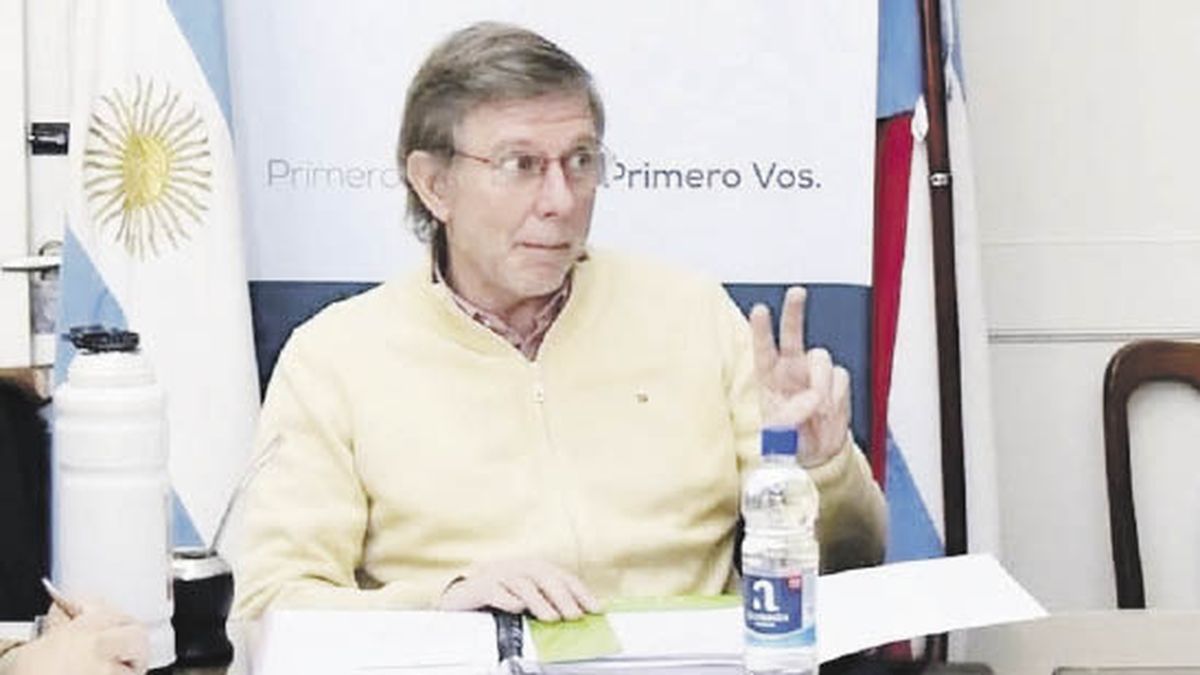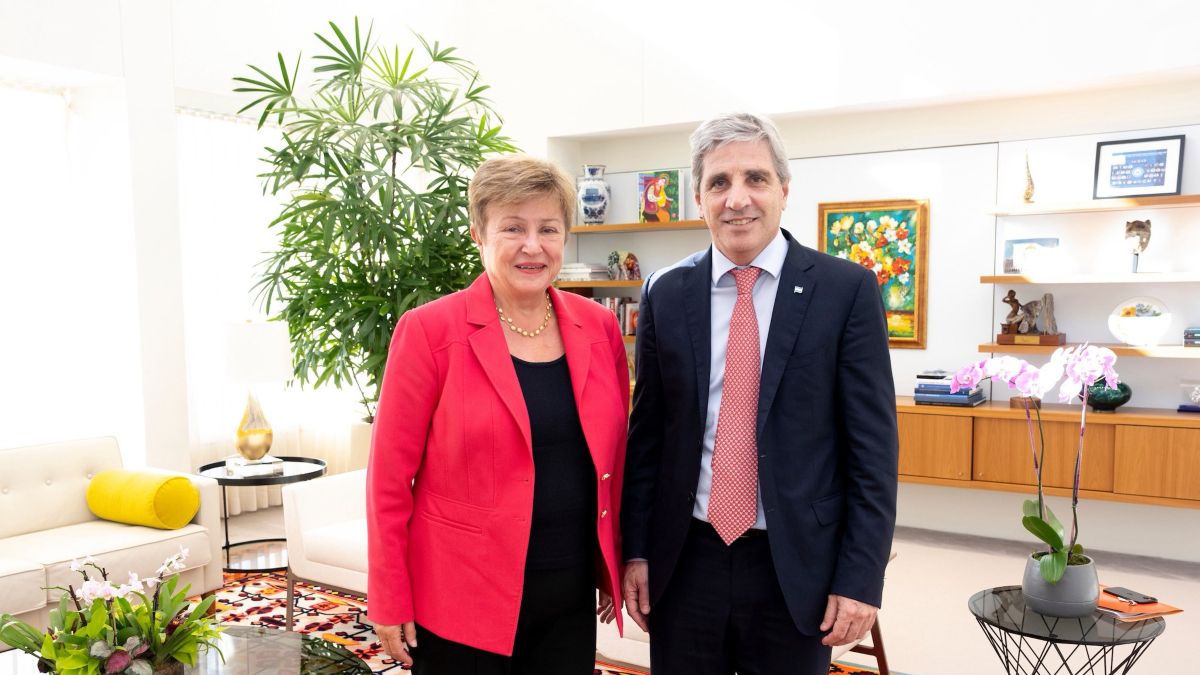The official confirmed that “progress is being made on a work agenda that includes biodiesel, meat and soy.” “Beyond that, we will seek the necessary answers so that all productive sectors develop their maximum potential,” he said.
Regarding the next steps, Bahillo clarified that there will not be a special exchange rate for corn or for wheat. He stressed that they will continue to analyze new openings for the export of meat, but he explained that “they will be subject to what happens in the domestic market since the price of meat in the gondola will be very strictly monitored because it is very late and could give a significant jump in a few months, as happens every year; We hope that it does not generate tensions”.
Regarding the new mechanism, from the Chamber of the Oil Industry and the Cereal Exporters Center, Gustavo Idígoras stressed that “the decision to sell soybeans is always in the hands of the producer, and he will be the one who decides when to sell.” This point is very important because with greater commercialization, not only the producers will benefit, but also the industry by having less idle capacity, something that until now was a problem that generated higher costs.
Those who did not participate in the conference held at the Ministry of Economy were the members of the Liaison Table, who after the announcements were critical of the new scheme.
Nicolás Pino, head of the Argentine Rural Society, assured in dialogue with Ámbito: “Although it should represent an improvement in the value of the product, it is far from approaching the international price as it happens in neighboring countries such as Uruguay or Paraguay. We appeal to a single dollar, without a gap, which is something that the entire system needs in order to function properly.”
Meanwhile, Carlos Achetoni, president of the Argentine Agrarian Federation, stressed that “it is a measure that, in order to try to solve a situational need of the State, once again provides benefits to the same actors as always: small and medium-sized producers and regional economies we are not recipients or benefited by the announced public policies”.
However – and despite the criticism – from the Ministry of Agriculture they assure that “the dialogue is very good with the sector”.
It is likely that the new measures will not meet the expectations of the rural leadership, however, the change in attitude of the Government is notorious. Massa himself stressed that agriculture is “a key sector” and reminded producers that the Executive “accompanies them, understands their problems and needs them to continue consolidating the recovery of the economy.”
The truth is that the Government needs the productive sectors that have the greatest potential for development, because they are the ones that, with their exports, will be able to reinforce the reserves of the BCRA. The interest of one of the parties is revealed, but perhaps this event could be used as a starting point to achieve new common goals.
Source: Ambito
David William is a talented author who has made a name for himself in the world of writing. He is a professional author who writes on a wide range of topics, from general interest to opinion news. David is currently working as a writer at 24 hours worlds where he brings his unique perspective and in-depth research to his articles, making them both informative and engaging.




